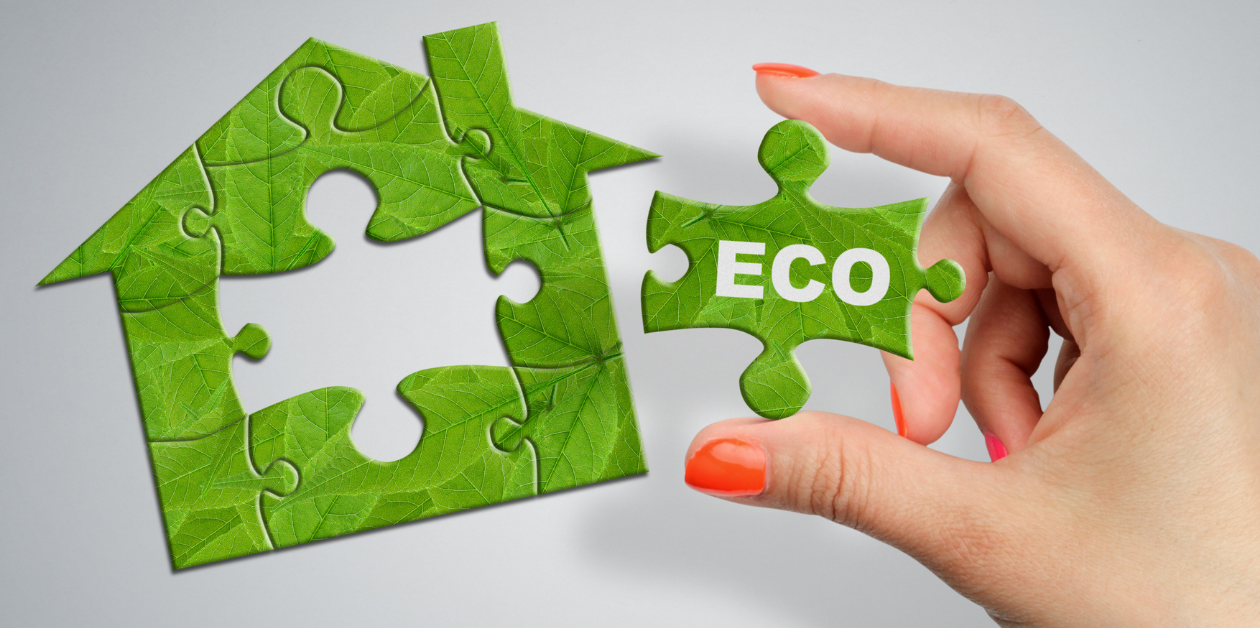Living in a rented space often comes with limitations on the structural changes one can make. However, this doesn’t mean tenants can’t adopt a more sustainable lifestyle. With a growing emphasis on environmental consciousness, it’s never been easier to make eco-friendly choices, even within the bounds of a lease agreement. Here’s how you can contribute to a greener planet, right from your rental home.
1. Energy-Efficient Lighting: Begin by swapping out traditional bulbs for LED or CFL alternatives. They not only consume less energy but also last longer, reducing the frequency of replacements. Also, take advantage of natural daylight as much as possible. Arrange your furniture in a way that doesn’t block windows and use sheer curtains to diffuse light without compromising on privacy.
2. Smart Power Usage: Invest in power strips or smart plugs to centralize the charging of your devices. This not only makes it easier to turn off multiple devices at once but also reduces ‘phantom energy’ consumption. Additionally, unplug chargers when they’re not in use and consider energy-efficient appliances if replacing old ones.
3. Water Conservation: A simple act like turning off the tap while brushing your teeth can save gallons of water over time. For a more significant impact, consider installing aerators on faucets and low-flow showerheads. They regulate water flow, ensuring adequate pressure while using less water. If permitted, collect rainwater in balconies or patios for watering plants.
4. Green Cleaning: Commercial cleaning products often contain chemicals that are harmful both to the environment and your health. Opt for biodegradable cleaning products or make your own using natural ingredients like vinegar, baking soda, and lemon. These provide effective cleaning without the environmental downside.
5. Reduce, Reuse, Recycle: Adopt the three R’s in your daily life. Reduce waste by buying products with minimal packaging or in bulk. Reuse containers, jars, and other items instead of discarding them. Set up a dedicated space in your home for recyclables, ensuring they don’t end up in landfills.
6. Regulate Temperatures: Instead of frequently adjusting air conditioning, use blinds and curtains effectively to control room temperature. In summer, reflective or light-colored curtains can help keep rooms cooler by reflecting sunlight, while in winter, heavier drapes can retain warmth.
7. Minimise Food Waste: Plan your meals, make grocery lists, and store perishables properly to reduce food wastage. Compost organic waste if possible. Even in apartments, small countertop composters can turn kitchen scraps into nutrient-rich compost.
8. Shop Sustainably: Support local businesses that prioritise sustainability. From farmers’ markets to thrift stores, local shopping often has a lower carbon footprint and encourages a circular economy.
9. Educate and Advocate: Share your eco-friendly practices with neighbors and friends. Building a community of like-minded individuals can amplify the positive impact on the environment.
To sum it up, eco-friendly living in rented spaces isn’t about major renovations but about making conscious decisions every day. From the products you buy to the habits you cultivate, every small step counts towards a greener and more sustainable future.


